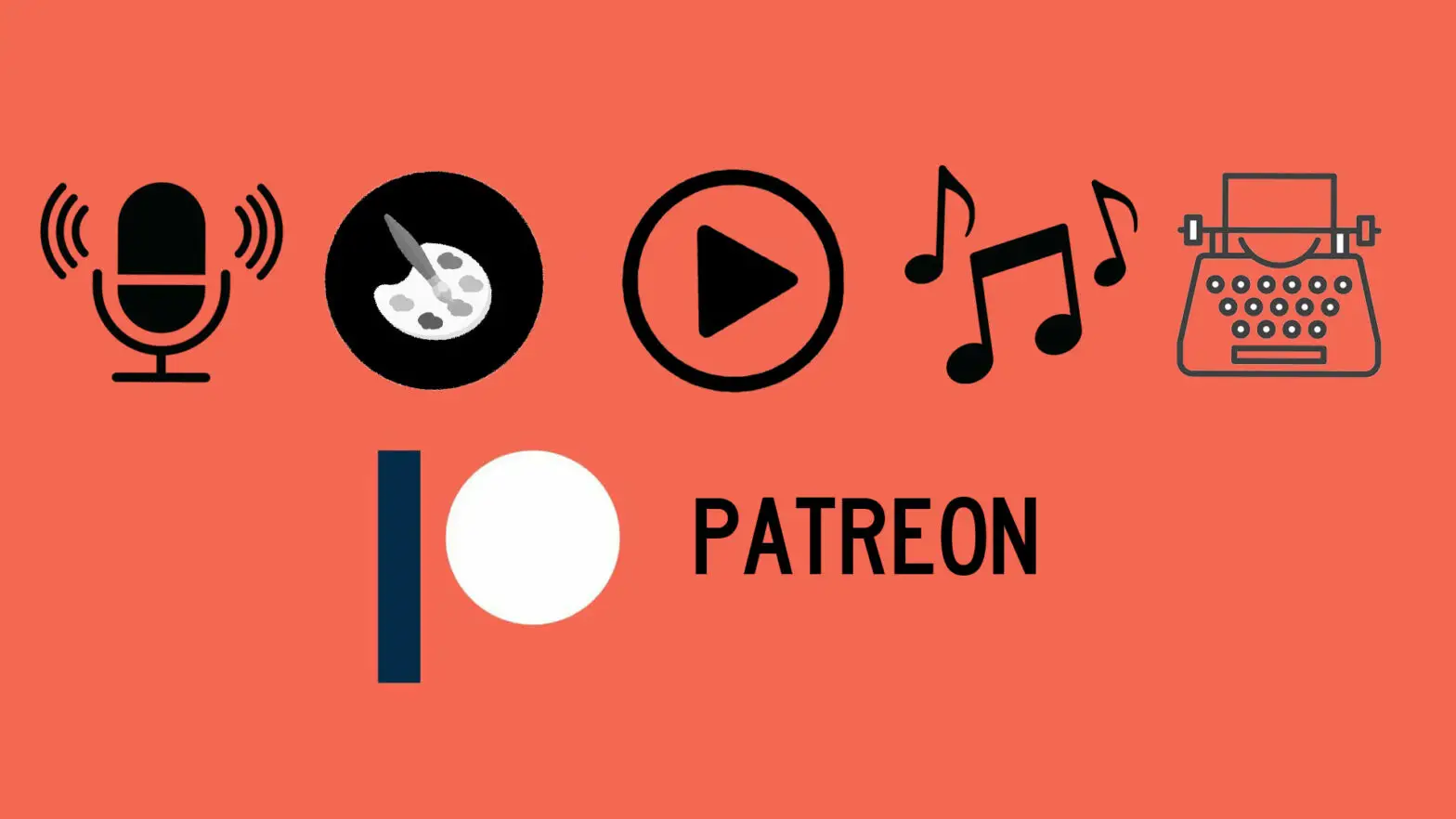From Idea to Icon: The Extraordinary Rise of Patreon

In the vast landscape of the internet, where countless creators yearned for sustainable ways to pursue their passions, a transformative platform emerged called Patreon. This is the success story of how Patreon itself developed, rising to prominence and becoming a global phenomenon, forever changing the way artists, musicians, writers, and creators of all kinds were supported.
Patreon was founded in 2013 by Jack Conte, a musician and entrepreneur, and his partner Sam Yam. The seed of the idea was planted when Conte found himself disillusioned by the limitations of traditional revenue models for online content creators. He recognized the untapped potential of building a direct connection between creators and their most ardent fans.
Driven by a desire to empower artists and provide them with a sustainable income stream, Conte and Yam set out to create a platform that allowed creators to receive ongoing financial support from their fans, or "patrons," in exchange for exclusive content and rewards. Patreon's mission was clear: to enable creators to focus on their craft and build meaningful relationships with their most dedicated supporters.
In the early days, Patreon faced the challenge of introducing a completely new concept to the digital landscape. They had to educate both creators and fans about the value of supporting art and creativity directly. But as word spread and early adopters began to experience the benefits of the platform, Patreon gained traction.
The concept resonated with creators from various disciplines, as it provided an alternative to the unpredictable nature of ad revenue or one-time crowdfunding campaigns. Patreon offered a sustainable, recurring income stream that allowed creators to invest more time and energy into their work, fueling their creativity and enabling them to produce high-quality content consistently.
As more creators flocked to Patreon, the platform's community grew, becoming a vibrant hub for artists, musicians, podcasters, writers, and countless other creative individuals. Patreon facilitated connections between creators and their fans, fostering a sense of belonging and mutual support. The platform's built-in communication tools allowed creators to engage directly with their patrons, creating a sense of exclusivity and a deeper connection that went beyond traditional social media interactions.
With its user-friendly interface, robust features, and a commitment to serving creators' needs, Patreon became synonymous with supporting the arts. The platform quickly gained recognition within the creative community and beyond, garnering positive press coverage and attracting prominent creators who were drawn to its unique model of patronage.
Patreon's success can also be attributed to its commitment to innovation. Over the years, the platform introduced new features and enhancements, such as tiered reward systems, merchandise integrations, and analytics tools, all designed to empower creators and provide them with the tools they needed to thrive.
As Patreon's reputation grew, so did its impact. The platform gave rise to countless success stories, as creators around the world found a sustainable path to pursue their passions. Patreon served as a launchpad for emerging talents, a support system for established artists, and a beacon of hope for anyone seeking to make a living from their creative endeavors.
Today, Patreon stands as a global leader in creator support, with millions of active users and a vast array of content across diverse artistic fields. The platform has expanded its reach, enabling creators from various countries and cultures to connect with their audiences and build sustainable careers. It has become a force of empowerment, bridging the gap between creators and their fans, and revolutionizing the way creative work is funded in the digital age.
The success of Patreon is a testament to the transformative power of direct support and the unwavering belief in the value of art and creativity. Through its dedication to creators and the relentless pursuit of its mission, Patreon has not only changed individual lives but has also reshaped the entire creative landscape, inspiring a new era of patronage and fostering a worldwhere artists can thrive and create without limitations.
Patreon's impact extends beyond individual creators and their patrons. The platform has sparked a broader conversation about the value of art in society and the importance of supporting creative endeavors. By challenging the traditional models of content consumption and monetization, Patreon has played a pivotal role in redefining the relationship between creators and their audiences.
The success of Patreon has attracted attention from investors and industry leaders, further solidifying its position as a key player in the creative economy. With increased funding and resources, Patreon continues to innovate and expand its offerings, exploring new avenues to support creators and enhance the patron experience.
Beyond its core platform, Patreon has fostered a sense of community through initiatives like workshops, events, and creator meetups. By facilitating face-to-face interactions and collaborations, Patreon has nurtured a global network of creators, fostering a supportive ecosystem where knowledge is shared, ideas are exchanged, and partnerships are formed.
Patreon's success has inspired other platforms and initiatives to adopt similar models, recognizing the power of direct fan support. The emergence of crowdfunding platforms dedicated to the creative arts and the integration of membership-based systems on various content platforms can be traced back to Patreon's pioneering efforts.
Looking to the future, Patreon remains committed to its mission of empowering creators. The platform continues to refine its offerings, leveraging technological advancements and user feedback to provide an even more seamless and rewarding experience for both creators and patrons. As the creative landscape evolves, Patreon adapts, ensuring that artists of all backgrounds and disciplines have the tools they need to thrive in an ever-changing digital world.